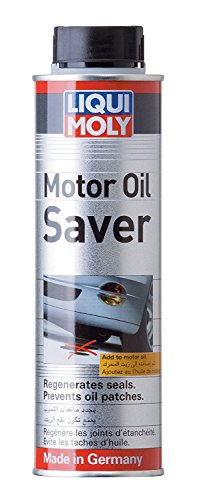Liqui-Moly Pro-Line Engine Flush (500 ML) - 2 Pack Liqui-Moly Pro-Line Engine Flush - 2 Pack
Category: Liqui Moly Engine Care-2

In recent years, the rapid development of the Internet and mobile communication technologies has significantly changed people's lifestyles and brought about profound changes in various aspects of society. Among the most prominent changes is the profound impact on the traditional media industry.
The rise of the Internet has fundamentally transformed the way people access and consume information. Traditional media, such as newspapers, radio, and television, which were once the primary sources of news and entertainment, have faced unprecedented challenges. The convenience and accessibility of online platforms have led to a gradual shift in audience preferences, as people now have the ability to access information and content on demand, at their own pace, and across a wide range of devices.
This shift in consumer behavior has had a significant impact on the business models of traditional media companies. The decline in print newspaper readership and the corresponding decrease in advertising revenue have forced many newspapers to adapt to the digital landscape. Some have successfully transitioned to digital-first strategies, integrating online content, multimedia, and interactive features to engage their audiences. However, the transition has not been without its challenges, as media companies grapple with the need to monetize digital content and find sustainable revenue streams to support their operations.
Similarly, the television industry has faced disruption from streaming platforms and on-demand services. Consumers, particularly younger generations, are increasingly turning away from traditional cable or satellite television subscriptions in favor of streaming options that offer greater flexibility, personalization, and access to a wider range of content. This shift has compelled traditional television networks to develop their own streaming platforms and adapt their content strategies to meet the evolving preferences of their audience.
The impact of these technological and behavioral changes is not limited to media companies alone. Advertisers have also had to adapt their strategies to reach consumers effectively in the digital age. The rise of targeted advertising, programmatic buying, and social media marketing has transformed the advertising landscape, requiring advertisers to develop more sophisticated and data-driven approaches to reach their target audiences.
Moreover, the proliferation of social media platforms has given rise to a new generation of content creators and influencers who have carved out their own space in the media ecosystem. These individuals and entities have been able to build direct connections with audiences, often bypassing traditional media outlets and establishing their own monetization models through sponsorships, partnerships, and direct-to-consumer offerings.
In conclusion, the transformation of the media industry driven by technological advancements and changing consumer behavior has been profound and far-reaching. Media companies, advertisers, and content creators must continue to adapt and innovate to remain relevant and competitive in this rapidly evolving landscape. The ability to embrace digital technologies, understand and cater to shifting audience preferences, and develop sustainable business models will be crucial for the long-term success of the media industry.
product information:
| Attribute | Value | ||||
|---|---|---|---|---|---|
| brand | Liqui Moly | ||||
| item_weight | 2.16 pounds | ||||
| package_dimensions | 8.7 x 5.87 x 2.72 inches | ||||
| is_discontinued_by_manufacturer | No | ||||
| manufacturer_part_number | 2037-2PK | ||||
| customer_reviews |
| ||||
| best_sellers_rank | #42,655 in Automotive (See Top 100 in Automotive) #4 in Engine Flushes | ||||
| date_first_available | October 2, 2016 |


















